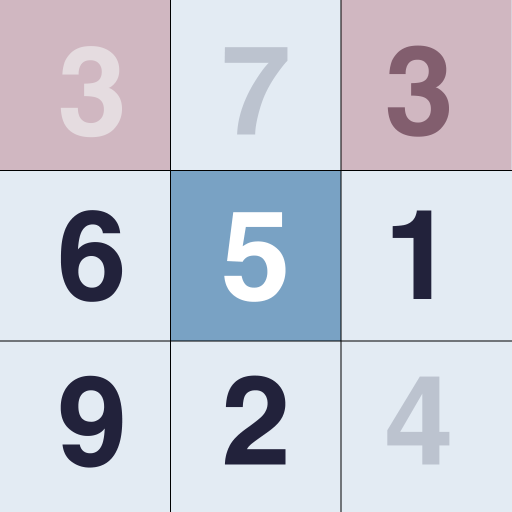
There are a few misconceptions about playing Sudoku that are worth addressing:
-
Sudoku is only for math geniuses: While it's true that Sudoku does require logical thinking and problem-solving skills, it's not a math-based puzzle. It's more about logic and pattern recognition than math.
-
Sudoku is just for adults: Sudoku is a puzzle that can be enjoyed by people of all ages. There are also many variations of the puzzle, such as mini Sudoku, that are more suited for children.
-
You have to fill in the puzzle in a specific order: Some people believe that they have to fill in the puzzle by starting with a certain box or area, but there is no right or wrong way to fill in a Sudoku puzzle. You can start anywhere you like.
-
The harder the puzzle, the better the challenge: This is not always the case, as some players find that the easier puzzles provide just as much of a challenge as the harder ones. The difficulty level is a matter of personal preference.
-
Sudoku is a solitary activity: While it can be enjoyed alone, Sudoku can also be a social activity. Some people enjoy solving puzzles with friends or family members, or even competing against others to see who can finish a puzzle the fastest.
-
Sudoku is to complicated for children: this is not correct in many ways, from the fact of existence of multiple simplified sudoku rulesets and games to the fact that kids indeed learn sudoku really fast from the age of 7 and up. Read more about Sudoku for children
Overall, Sudoku is a great puzzle game that can be enjoyed by people of all ages and skill levels. It helps in enhancing reasoning, problem solving and pattern recognition, but it's all about personal preference as how one want to enjoy this puzzle.
does sudoku require complex math knowledge?
Sudoku does not require any advanced math knowledge. In fact, the puzzle only uses basic arithmetic, specifically the numbers 1 through 9. The goal of the game is to fill in a grid with these numbers in such a way that each column, row, and subgrid (also known as a "region" or "block") contains each of the numbers 1 through 9 exactly once.
The puzzle requires logical thinking and problem-solving skills, rather than math skills. The logic behind solving sudoku requires players to think about the pattern and constraints of the grid, such as which numbers can and cannot go in a particular square based on the numbers that have already been filled in. It's more about recognizing patterns and using deductive reasoning than it is about performing calculations.
There are techniques like the X-Wing, SwordFish, XY-wing, etc that can be used to solve a sudoku, but all these techniques are more of logical thinking than math, and if one is comfortable with math then it becomes easier for them to apply these techniques.

Previous: Is sudoku useful for kids? | Next: What is Sudoku Therapy?
